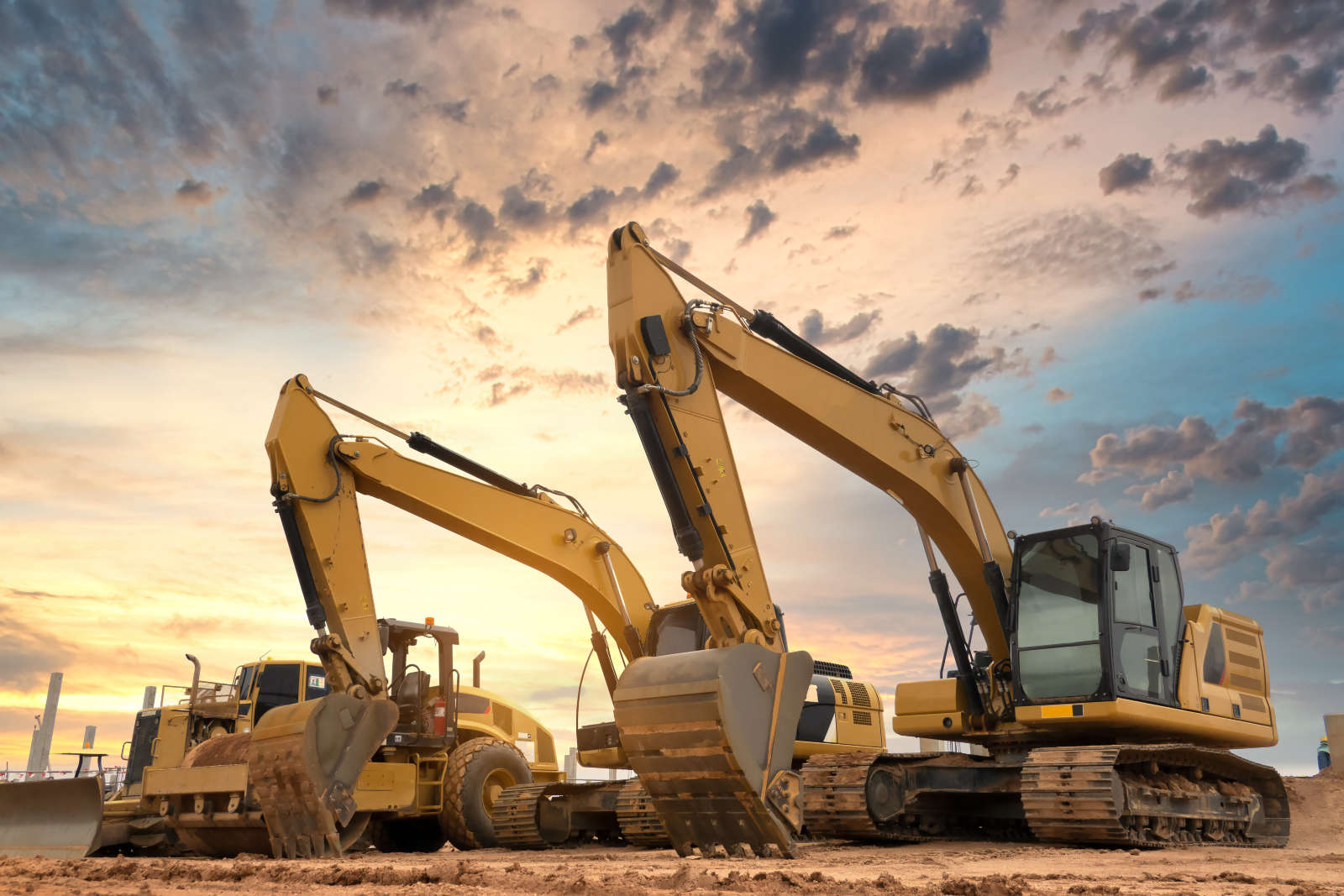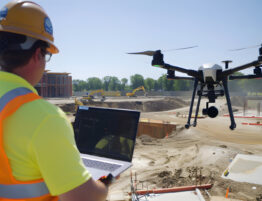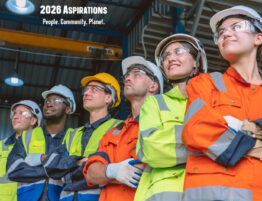
The roar and clatter of bulldozers and excavators have been a long-running soundtrack to construction sites across the world but it seems like something a bit quieter might be on the horizon here in the UK.
The UK government recently published a ‘call for evidence’ on decarbonising non-road mobile machinery (NRMM), which includes construction equipment, hinting at a potential shift away from the diesel-powered giants towards cleaner alternatives. Read this week’s blog to find out more.
Government pushes for a greener future
Although electric options are gaining some ground, the reality at the moment is that they still only represent a small fraction of the NRMM market. Meanwhile, hydrogen-powered machines, like those championed by companies like JCB, are only just emerging from the prototype stage.
What this means is that the construction landscape here in the UK, just like most other places in the world, is still dominated by diesel engines. The UK government, however, is eager to accelerate the pace of change.
Last year’s announcement of a cross-government strategy to decarbonise NRMM (something that’s responsible for 2.7% of the UK’s greenhouse gas emissions), is a clear signal of that intent. To get the process started, the government has now published a ‘call for evidence’ that seeks to gain insights from manufacturers, users of NRMM, and other stakeholders.
Published jointly by the Department for Energy Security and Net Zero (DESNZ), the Department for Environment Food & Rural Affairs (Defra) and the Department for Transport (DfT), the call for evidence is looking into several critical areas:
- NRMM usage across sectors: Understanding how different industries rely on NRMM will aid the development of the right solutions.
- Decarbonisation pathways: Identifying efficient technologies, process changes, and fuel switching options will help to chart the path forward.
- Challenges and hurdles: Recognising potential roadblocks will help anticipate and address them proactively.
- Policy adequacy: Assessing whether existing policies are enough to achieve net-zero goals will be a vital step in determining the need for further intervention.
- Global alignment: Exploring the need for international consistency in NRMM regulations to ensure a level playing field and facilitate global solutions.
Industry leaders embrace the challenge
Leading equipment manufacturer, JCB, has welcomed the call for evidence as a crucial opportunity for the industry. Lord Bamford, JCB’s chairman, said:
“The call for evidence is a crucial milestone that should be taken very seriously by everyone who is affected, from trade associations to owners and users of non-road mobile machinery.
“This is a historic landmark for many industries, particularly the construction and agricultural sectors which JCB has supplied for nearly 80 years. It is vital everyone affected engages in this process to help determine which technologies are appropriate to achieve a net zero future. In JCB’s case, we will highlighting the important role that hydrogen will play alongside electric technology for smaller products.”
A global ripple effect?
The UK’s focus on decarbonising construction equipment is not happening in isolation and similar initiatives are already being looked at in other nations. However, industry experts have said there is a need for international co-ordination if we are to avoid a situation where different approaches around the world result in a patchwork of regulations which hinder rather than aid progress.
What do you think?
Decarbonising machinery is one way the construction industry can help to reduce greenhouse gas emissions and consequently reduce its impact on climate change. This call for evidence present a unique opportunity for people to get involved in how this should be achieved. Find out more here.
Meanwhile, tell us what you think. Should the government mandate a shift away from diesel-powered equipment? What role do you see for electric, hydrogen, and other clean technologies in our sector? Share your thoughts by commenting over on our Facebook or LinkedIn pages.
30.01.2024
Feature image: Freepik








